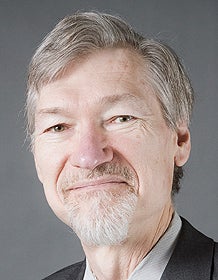Abstract
Dissatisfaction with the governance of public companies is as old as the public company itself, but public concern about corporate governance is spasmodic. Prior reforms did not cure the ills of corporate governance, and there is little reason to think that the recent spate of reforms will be any more effective. The fundamental problem of corporate governance remains what it has always been: the separation of ownership and control. No reform can succeed unless it overcomes this contradiction. Corporate executives determined to preserve their privileges and a number of scholars deny this claim; in effect, these Panglosses consider the status quo the best of all possible worlds. Others recognize that corporate governance is broken and that initiatives recently instituted or proposed are inadequate. Several have proposed changes, some of which would be beneficial, but none promises to eliminate the separation of ownership and control. After a survey of the current debate over corporate governance, this article explains why the separation of ownership and control is the central problem of corporate governance and why past reforms have failed. The article then discusses the reforms instituted and proposed after the recent scandals and why they too will fail. The article concludes by urging a means of finally solving the problem of corporate governance by having the corporation's nominees for the board chosen by a committee of the largest shareholders.
Keywords
Corporate Governance, Public Companies, Ownership, Control, Reform
Publication Date
2005
Document Type
Article
Place of Original Publication
Journal of Corporation Law
Publication Information
31 Journal of Corporation Law 39 (2005)
Repository Citation
Dent, George W., "Corporate Governance: Still Broke, No Fix in Sight" (2005). Faculty Publications. 165.
https://scholarlycommons.law.case.edu/faculty_publications/165

